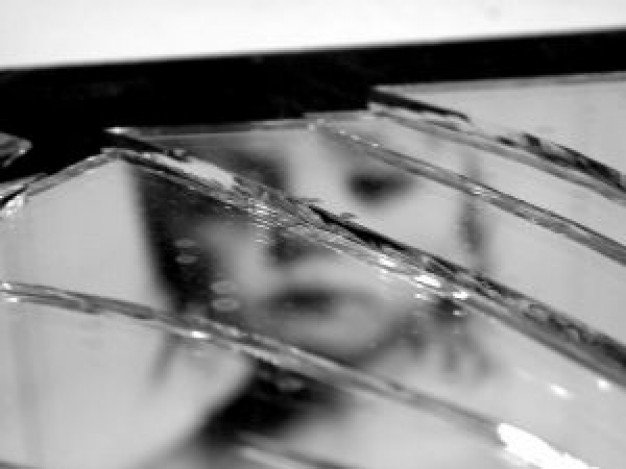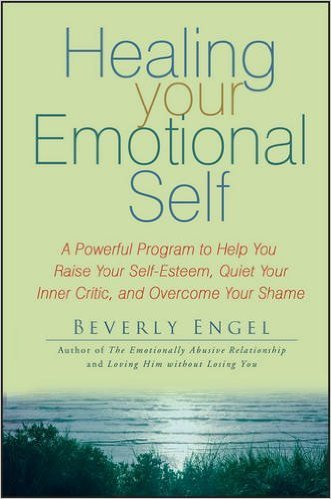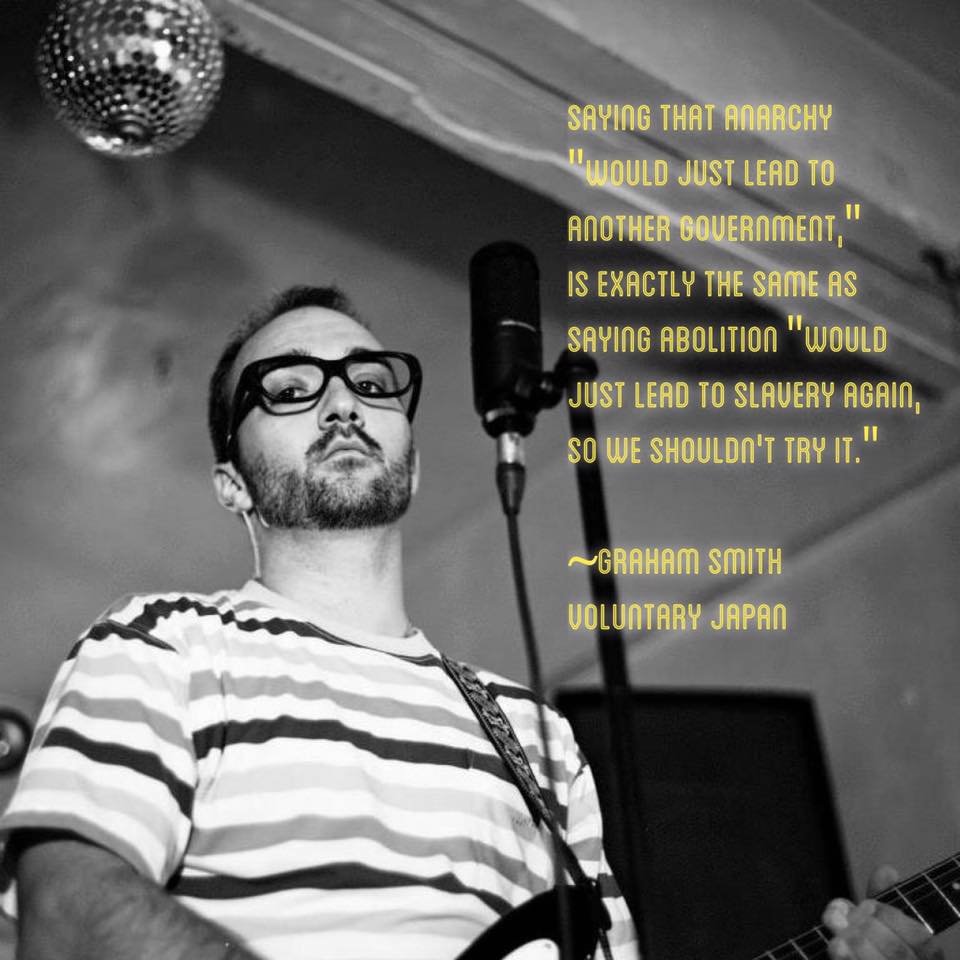I was driving home from work today and debating on which CD to pop in next. My go-to is usually My Bloody Valentine's "Loveless," but I wasn't quite feeling like floating in a cloud of surreal, spaced-out ether just yet. I checked to see what was already in the player. Oh. It's my former band's old CD. Hmmm. Okay. Why not give it a listen again?

"Broken Mirrors" is the second track on the disc and it means a lot to me. My band has since broken up, but I am really proud of this song, how it turned out, and what it means to me. I think it is the one on the disc that perhaps best "captures" everything I've always really wanted to convey with music, and so I want to share it with you, here on Steemit, because I think it merits some more listens from ears that haven't heard it, and a deeper exploration of what it is actually about. I hope it doesn't come off as conceited to say as much.
Background
I am going to commit a sin that Lou Reed would never have dreamt of committing, and try to tell you about what the song means. It may mean several things to several people, and indeed, I hope this is the case.
The song was largely inspired by a Vice documentary I had watched and was haunted by, on Japan's Aokigahara Forest near Mt. Fuji, also known as the 樹海 (Jukai) or "Sea of Trees." The jukai is a forest known for the remarkable amount of suicides which occur there every year. This is such a real problem that the government has even commissioned signs at the trail heads, urging the suicidal to think twice, and to go back and get help. There are also people who patrol the forest looking for "campers" who might be contemplating taking their own lives, to talk them out of it, and provide them with human compassion, support, and encouragement.

What haunted me most, maybe more than the gory imagery of corpses and bones left in the woods, were the cars. Cars just left in parking lots by the trail heads. Like disorganized time capsules, it was almost as if you could still see the person, feel the person on that day, just by looking in the abandoned automobile. The eerie imagery of shoes left in backseats, disheveled papers, and basically just the last signs of life frozen in time before a life was gone from this earth, invoked a sick feeling of sadness and mystery in me.
Hikers, suicidal and non-suicidal alike, often take ribbon or tape into the woods, so as to not lose their way. I was inspired by the suicidal who brought tape with, just in case they decided to go on living at the last minute.
For me this song is a metaphor, for real suicide and spiritual/emotional/psychological suicide alike. I wanted people to know that they could come back, and that a suicide gone wrong is not a bad thing, where the person fails to end their life, but a good thing, where the person chooses to face life, and to live again. In a word, this type of suicide gone wrong is a flash of brilliant self-acceptance.
Many have been abused as children, be it emotionally or physically, and still choose to be live life, to be vulnerable, and to be open to facing the world and reality even after this abuse, and this is always a real-life miracle in my view.
Broken mirrors and shattered glass, reflect the moonlight, to light my way back
I make my way back through the trees, now I'm here with you, are you here with me?
I think many of us have felt as if we are watching the world from the outside in, and that, while we see those around us very clearly at times, it seems they can never see us, or know our pain. For me, the Aokigahara suicidals, who choose to follow their own tape back at night, or at any time, are some of the strongest people alive, and I get goosebumps just thinking about that kind of bravery. When I think of adults who were abused as children choosing to get help, and face the world in love, and not in hate, the same feelings emerge of power, hope, and the tenacious will to survive in spite of all odds.
LIFE'S LOVE OF ITSELF. THE MOST FIERCE THING THERE IS, AND WHAT ULTIMATELY HAS THE POWER TO SAVE US ALL, REGARDLESS OF THE PAST.
I view my own life this way, and though they tell us that "broken mirrors are bad luck" I want to challenge that. They say the way our parents look at us as children shapes our self-image through a process called "mirroring." Sometimes those mirrors are distorted and we carry this false image of ourselves, from the toxic mirroring of hurting parents, into our adult lives. Just as some woman's makeup mirror was found in the Vice documentary, we find our own mirrors, distorted and painful, not serving us anymore. I was also reading a book at the time of writing this song called Healing your Emotional Self by Beverly Engel. She discusses the mirroring phenomenon extensively in her work, which I highly recommend.

As Stevie Wonder sang, "superstition ain't the way." I hope my song will be an encouragement to all who are suffering, to not be afraid, but to smash the mirrors yourself. Seven years of "bad luck" may or may not come, but if it does, it won't be because of the damn broken glass, and it means nothing about your value as a human being. SMASH THEM!!!!! BURN THE BRIDGES!!!!!! STAY ALIVE MOTHERFUCKER!!!!!!!!!!!! YOU ARE NOT ALONE!!!! You are in good company. That of those just like you who are working through their own personal, and often indescribable, pain for a better tomorrow, and a bright future, right NOW.
BLESS YOU!!!!!
~KafkA
Graham Smith is a Voluntaryist activist residing in Niigata, Japan.


